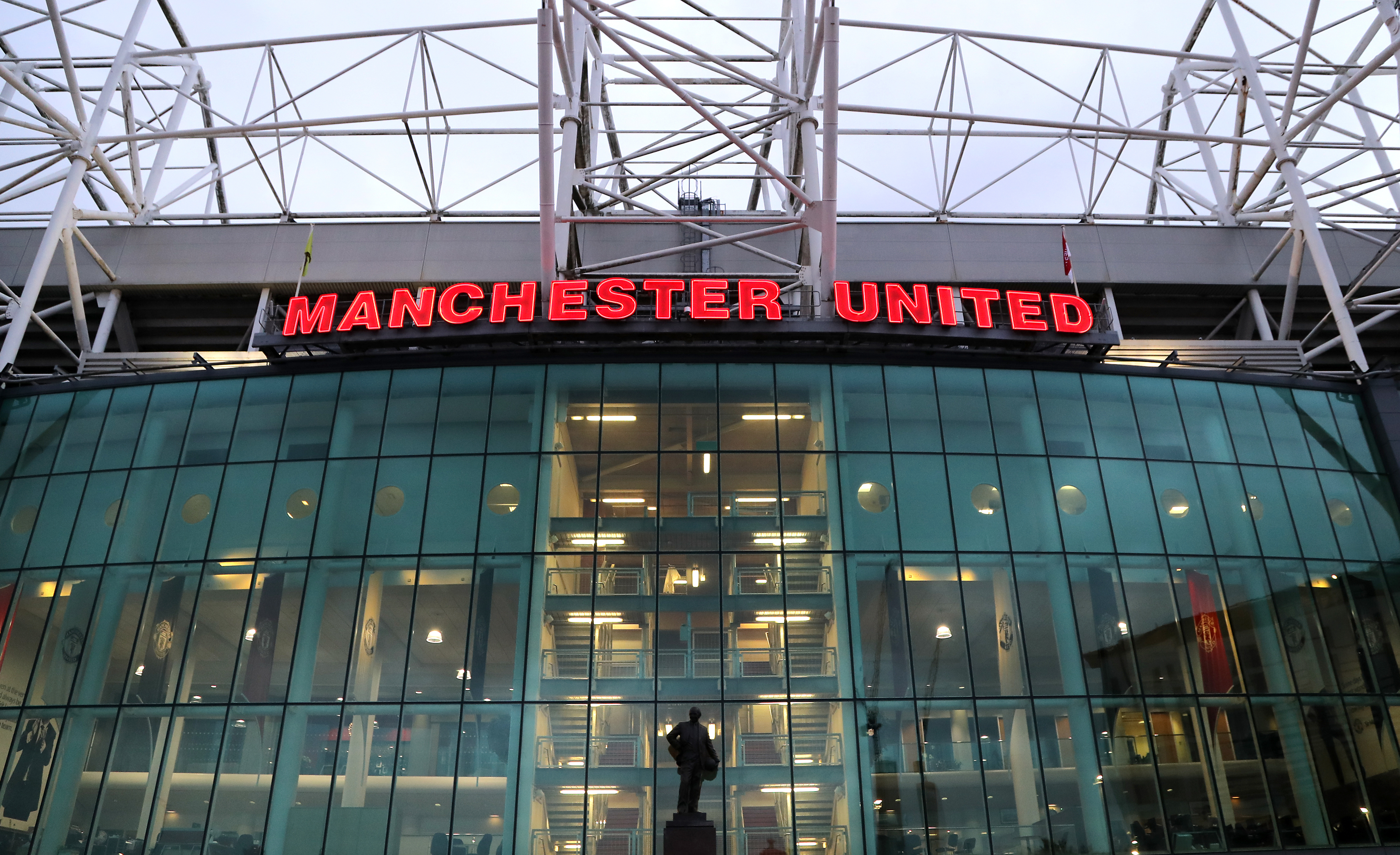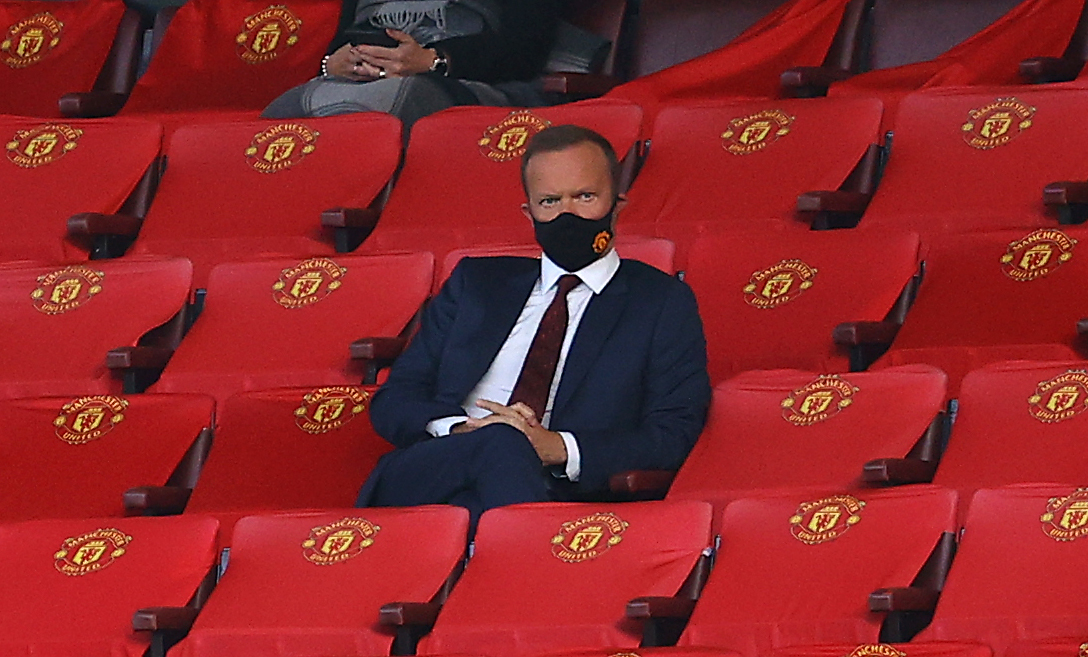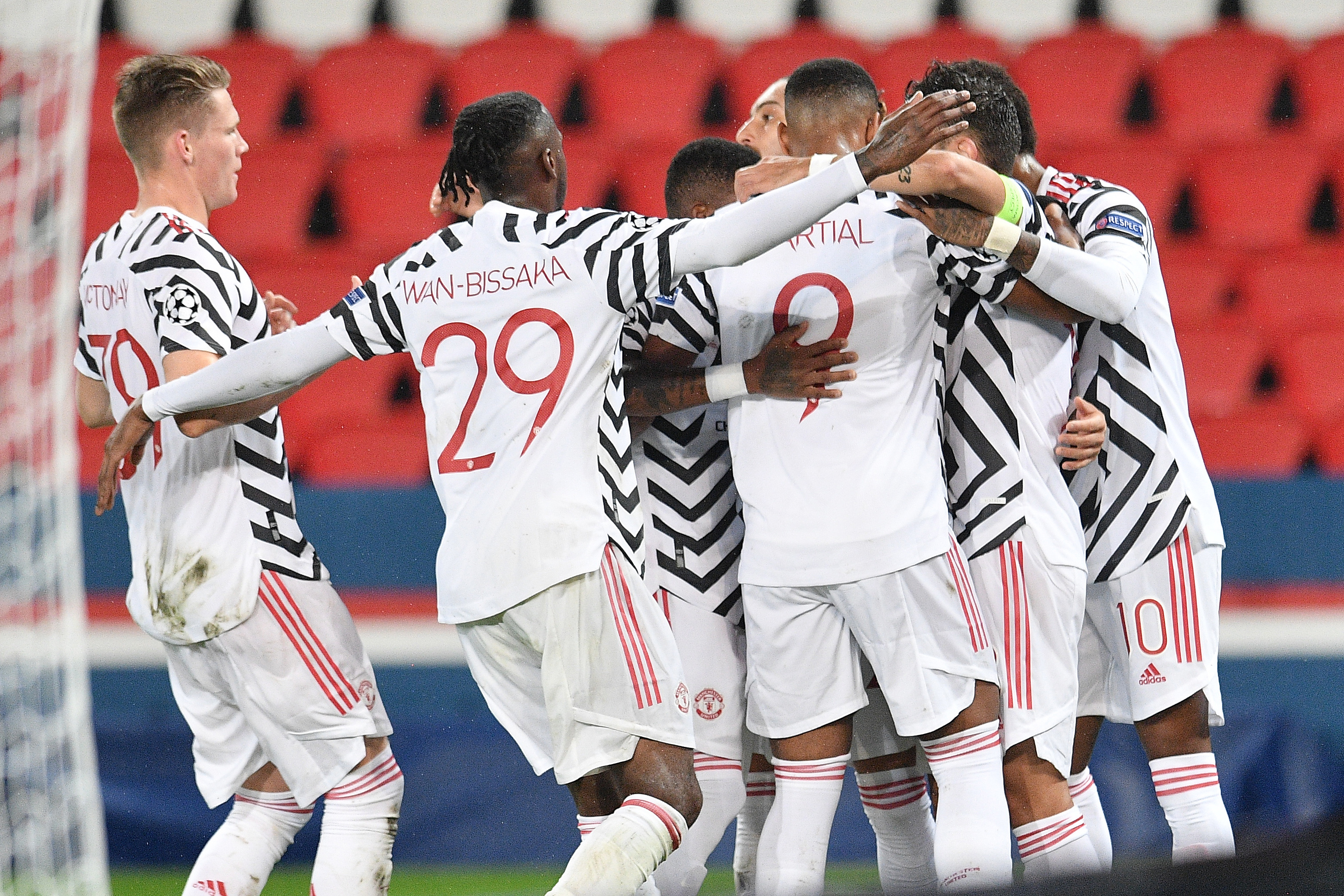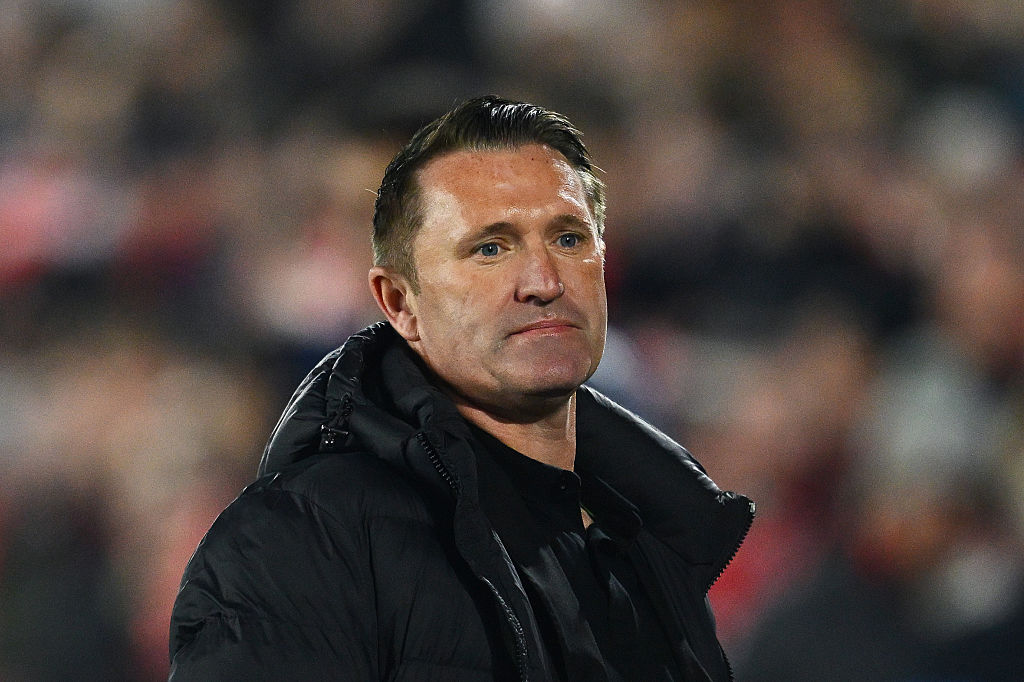Manchester United report revenue drop of 18.8 per cent for year ending June 2020

The best features, fun and footballing quizzes, straight to your inbox every week.
You are now subscribed
Your newsletter sign-up was successful
Want to add more newsletters?

Five times a week
FourFourTwo Daily
Fantastic football content straight to your inbox! From the latest transfer news, quizzes, videos, features and interviews with the biggest names in the game, plus lots more.

Once a week
...And it’s LIVE!
Sign up to our FREE live football newsletter, tracking all of the biggest games available to watch on the device of your choice. Never miss a kick-off!
Join the club
Get full access to premium articles, exclusive features and a growing list of member rewards.
Manchester United’s revenue shrank by almost 20 per cent in the year ending June 2020 compared to the previous financial year as the impact of the coronavirus pandemic affected the club on a number of fronts.
The club posted total revenue of £509million for 2019-20, compared to record revenues of £627.1m in 2018-19, representing a drop of 18.8 per cent.
Revenue had been projected to drop to between £560m and £580m this year because of the club not being involved in the Champions League, but they withdrew the forecast figure when they published their third-quarter results in May because of the impact of the Covid-19 outbreak.
- Total revenues £627.1m - £509m
- Broadcasting revenues: £241.2m - £140.2m
Broadcasting revenues fell sharply from £241.2m to £140.2m – a drop of 41.9 per cent. The figure was impacted by a Premier League broadcasting rebate of £14m for the 2019-20 season.
United also suffered as a result of the absence of supporters from Old Trafford from March onwards.
Their matchday revenue fell 19 per cent to £89.8m.
Net debt more than doubled from the previous year to £474.1m, which the club said reflected the impact of deferred sponsorship payments of £80m, the loss of advance matchday revenue for 2020-21 which would typically be in excess of £50m ahead of a Champions League season and an increase in player investment.
The best features, fun and footballing quizzes, straight to your inbox every week.

The club said they would not issue revenue guidance for the 2020-21 financial year due to the “ongoing uncertainty” caused by the pandemic.
The 2019-20 total revenue represents the lowest figure United have posted since the 2014-15 financial year, when it was £395.2m.
The club’s executive vice-chairman Ed Woodward said: “Our focus remains on protecting the health of our colleagues, fans and community while adapting to the significant economic ramifications of the pandemic.
“Within that context, our top priority is to get fans back into the stadium safely and as soon as possible.”
Woodward alluded to United’s involvement in the development of Project Big Picture proposals, which included an immediate £250m rescue package for EFL clubs and a 25 per cent share of future Premier League broadcast revenue.
However, they also contained proposals which would have concentrated power in the hands of the Premier League’s ‘big six’ and were rejected at a top-flight clubs meeting last week.
“We are also committed to playing a constructive role in helping the wider football pyramid through this period of adversity, while exploring options for making the English game stronger and more sustainable in the long term,” he said.
“This requires strategic vision and leadership from all stakeholders, and we look forward to helping drive forward that process in a timely manner.”

Woodward also reflected on United’s performances on the field.
The club returned to the Champions League for the 2020-21 season after finishing third in the Premier League.
He added: “On the pitch, we have strengthened the team over the summer and we remain committed to our objective of winning trophies, playing entertaining, attacking football with a blend of academy graduates and high-quality recruits, while carefully managing our resources to protect the long-term resilience of the club.”
 Join The Club
Join The Club










